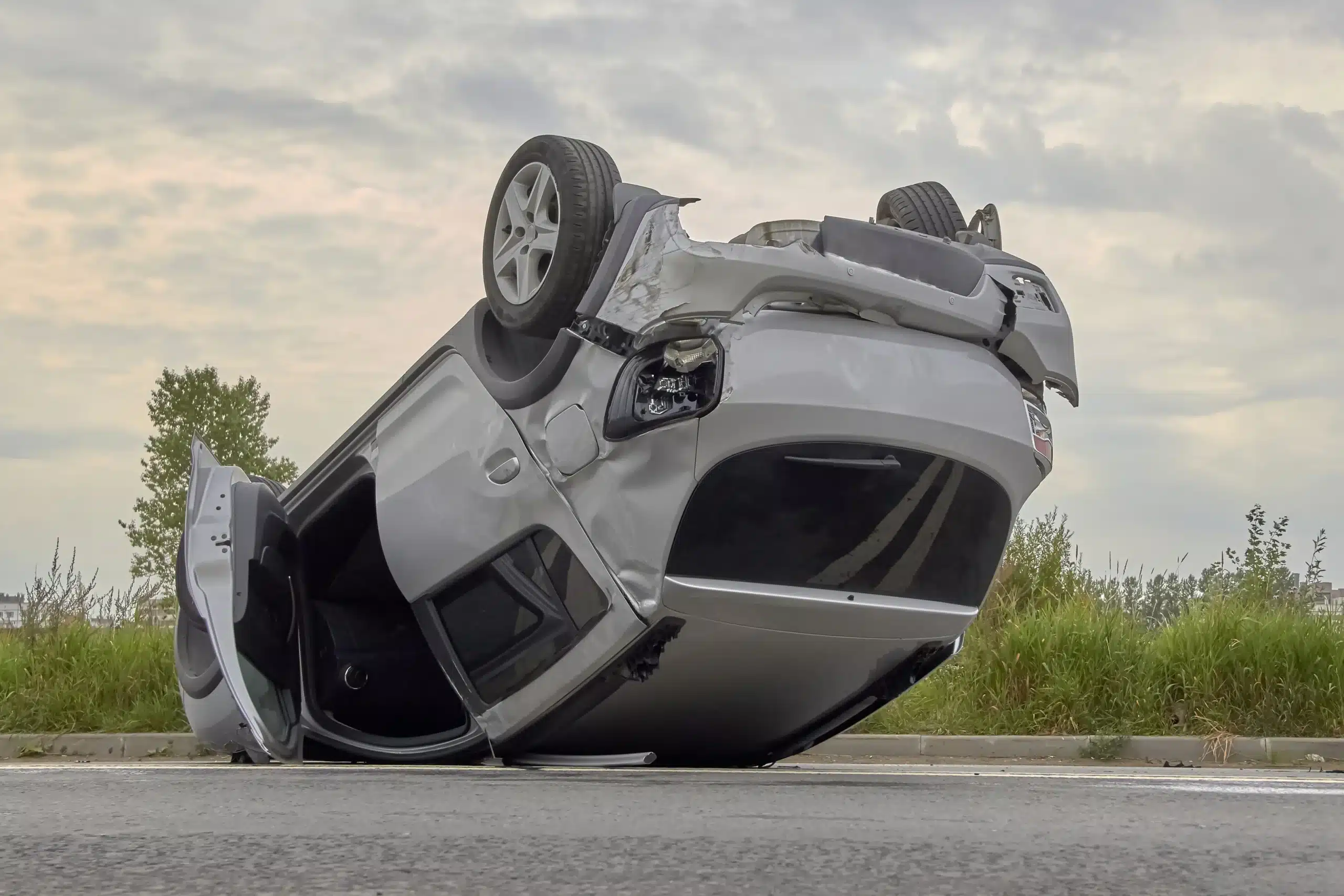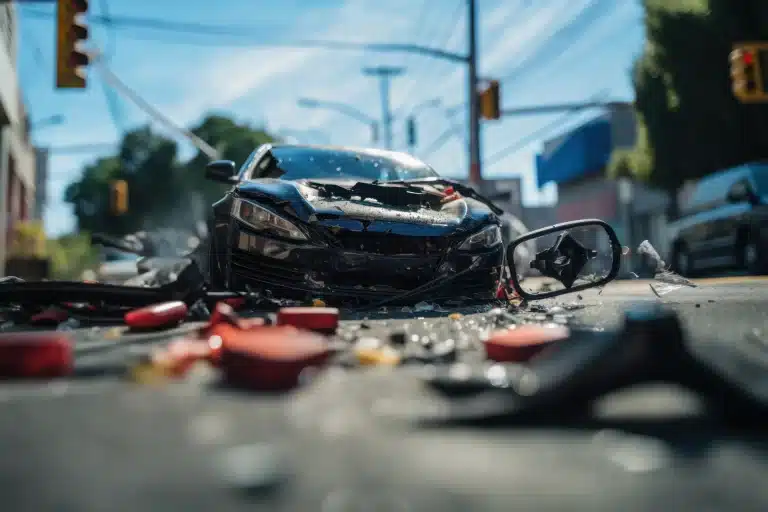I’m Being Sued for a Car Accident—But I Wasn’t the Driver. Why Is This Happening?
If you recently received a lawsuit or demand letter related to a car crash—and you weren’t even in the vehicle at the time—you’re probably wondering: Why am I being sued for something I didn’t do?
It’s one of the most frustrating calls we get at our firm, and it often involves a common scenario in Florida: a parent, grandparent, or spouse is listed as the registered owner of a vehicle that was involved in a crash. A family member—usually a teen or adult child—was the one driving. Now the lawsuit is naming you, the vehicle owner, as a defendant.
This may feel unfair, but unfortunately, it’s a legal strategy that’s often allowed under Florida law. At Florida Civil Counsel, P.A., we help people across the state defend themselves in situations just like this.
Understanding Why Vehicle Owners Get Sued
In Florida, the person who was driving the vehicle isn’t always the only one who can be held legally responsible. If your name is on the title—or if you allowed someone else to use your car—you may be pulled into a lawsuit, even if you weren’t anywhere near the crash.
Florida’s “Dangerous Instrumentality” Doctrine
Under Florida’s dangerous instrumentality doctrine, the owner of a motor vehicle can be held vicariously liable for damages caused by someone they gave permission to use the vehicle. This doctrine applies even if:
- You were not in the car
- You were unaware of how the vehicle was being used
- The driver was a relative, friend, or household member
This rule exists because Florida considers cars inherently dangerous tools that carry risk to others. If you own the vehicle, the law assumes you have responsibility for who uses it.
We explain more about this issue in our blog: Can I Be Sued Even If I Wasn’t Driving the Car?
Common Scenarios That Lead to This Problem
Most often, we see lawsuits like this arise when:
- A parent is on the title, but the child is the primary driver
- A spouse is listed as owner of a car used daily by the other spouse
- A family member co-signed or insured a vehicle for someone else
- The vehicle was loaned to a friend, relative, or coworker
Even if you never drove the car yourself, simply being listed as the owner can be enough to land you in court.
What Happens If You’re Found Liable?
If you don’t respond to the lawsuit or fail to raise a legal defense, the court could enter a judgment against you. That judgment could lead to:
- Wage garnishment
- Bank levies
- Liens against your property
- Damage to your credit
That’s why it’s essential to take legal action as soon as possible. Even if you weren’t the driver, you may still need to defend yourself.
To understand how judgments work in Florida, see our blog on what can be taken if a car accident judgment is awarded against you.
Can You Defend Yourself If You Weren’t the Driver?
Yes, you can—and you should. There are several legal defenses that may apply depending on how the accident happened and your role as the vehicle owner.
Possible Legal Defenses in Florida
- Lack of permissive use – If the driver used the car without your permission
- Non-ownership or title transfer issues – If your name was on the title by mistake or had already been removed
- No liability due to another driver’s negligence – If the driver wasn’t at fault, there may be no liability at all
Sometimes, plaintiffs name every possible person in the lawsuit hoping someone will settle. A Florida civil lawsuit defense attorney can evaluate the claim and help determine whether it’s valid.
Steps to Take If You’ve Been Sued
If you’re being sued as the owner of a vehicle involved in a crash, here’s what you should do immediately:
- Do not ignore the lawsuit. You typically have 20 days to respond after being served.
- Contact a defense attorney. Even if the facts seem straightforward, the law is not.
- Gather your documents. Title paperwork, insurance policies, driver agreements, and texts can be helpful.
- Avoid contacting the other parties directly. Let your lawyer handle communications.
We help people statewide, from Orlando to Miami to Pensacola, with car accident defense—including those who were wrongly sued just for being the vehicle owner.
You Don’t Have to Handle This Alone
Being sued for a crash you didn’t cause—and weren’t even part of—is frustrating and confusing. But with the right legal support, you can fight back and protect yourself from unfair liability.
At Florida Civil Counsel, P.A., we’ve helped clients across the state respond to lawsuits involving vicarious liability, co-ownership disputes, and other auto-related legal issues. Whether you’re facing a formal lawsuit or just received a threatening letter, we’re here to guide you every step of the way.
Contact us today to schedule a consultation. Our firm is based in Orlando, but we proudly represent clients throughout Florida.






